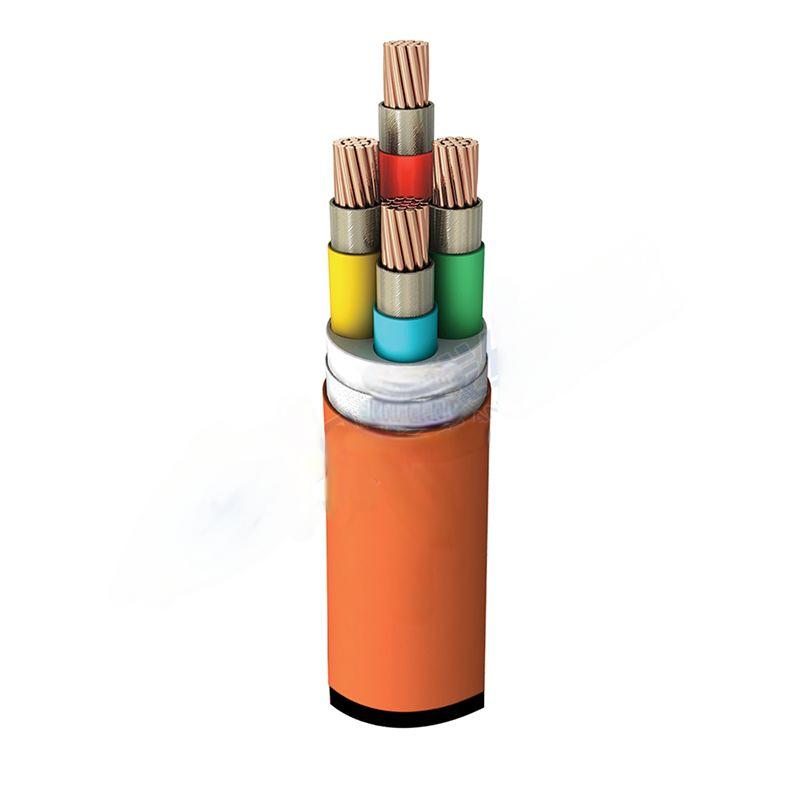10 月 . 30, 2024 20:18 Back to list
ductile iron check valve
Ductile Iron Check Valves Ensuring Safety and Reliability in Fluid Systems
Ductile iron check valves play a crucial role in fluid control systems across various industries, ensuring the safe and efficient operation of pipelines and systems. These valves are designed to prevent the backflow of fluids, which can cause significant damage to equipment and potentially lead to severe safety hazards. The unique properties of ductile iron make it an ideal material for manufacturing check valves, due to its strength, durability, and corrosion resistance.
What is Ductile Iron?
Ductile iron, also known as spheroidal graphite iron, is a type of cast iron that has been treated to improve its strength and ductility. The alloy is composed of iron, carbon, and silicon, but it also contains small amounts of other elements like magnesium, which are crucial for transforming the graphite structure into a spherical form. This unique microstructure provides ductile iron with mechanical properties that exceed those of traditional cast iron, making it suitable for heavy-duty applications.
Advantages of Ductile Iron Check Valves
1. Strength and Durability Ductile iron check valves are incredibly robust, which allows them to withstand high pressures and extreme temperatures. This makes them an excellent choice for industries such as water treatment, oil and gas, and chemical processing, where they often encounter challenging operating conditions.
2. Corrosion Resistance The surface of ductile iron can be coated or treated to enhance its resistance to corrosion, which is essential in protecting the valve and extending its lifespan. This property is especially valuable in environments where the valve may be exposed to aggressive fluids or outdoor conditions.
ductile iron check valve

3. Low Maintenance With their sturdy construction and resistance to wear, ductile iron check valves typically require less frequent maintenance compared to other materials. This aspect not only reduces operational downtime but also cuts maintenance costs over the valve’s lifetime.
4. Cost-Effectiveness While ductile iron check valves may have a higher initial cost compared to other materials, their durability and low maintenance demands often lead to lower total ownership costs. Their long service life contributes to a more economical and sustainable choice for fluid control systems.
Applications of Ductile Iron Check Valves
Ductile iron check valves are widely used in various applications, including
- Water Supply Systems Preventing backflow in potable water systems to ensure safe drinking water. - Wastewater Management Safeguarding treatment plants and septic systems from reverse flow that can cause contamination. - Oil and Gas Protecting pipelines and pumps from back pressure and product leakage. - Industrial Processes Used in various manufacturing processes to maintain system integrity and prevent product losses.
Conclusion
Ductile iron check valves are an essential component in the design and operation of reliable fluid control systems. Their strength, durability, and resistance to corrosion make them a preferred choice for many industries. By preventing backflow, these valves not only protect equipment but also contribute to overall system efficiency and safety. As industries continue to evolve and face new challenges, the role of ductile iron check valves will remain pivotal in upholding the integrity of fluid management solutions.
Share
-
Understanding the Differences Between Wafer Type Butterfly Valve and Lugged Butterfly ValveNewsOct.25,2024
-
The Efficiency of Wafer Type Butterfly Valve and Lugged Butterfly ValveNewsOct.25,2024
-
The Ultimate Guide to Industrial Swing Check Valve: Performance, Installation, and MaintenanceNewsOct.25,2024
-
Superior Performance with Industrial Swing Check Valve: The Essential Valve for Any SystemNewsOct.25,2024
-
Industrial Swing Check Valve: The Ideal Solution for Flow ControlNewsOct.25,2024
-
You Need to Know About Industrial Swing Check Valve: Functionality, Scope, and PerformanceNewsOct.25,2024